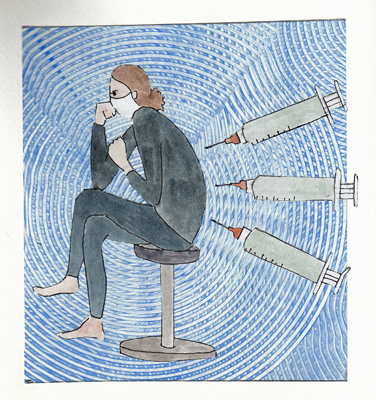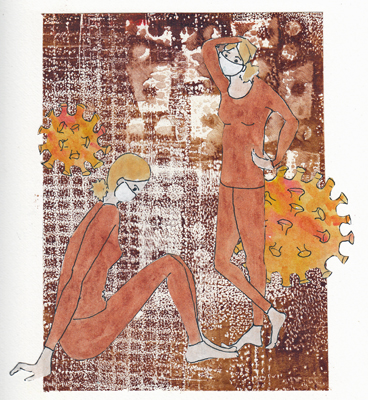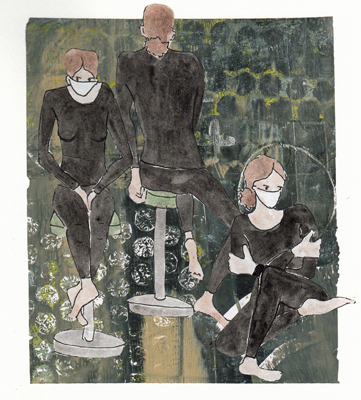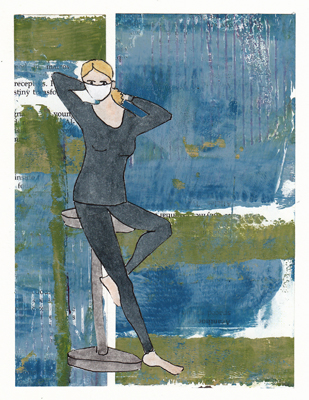Another Vaccine Enters a Phase 3 Trial
This week Johnson and Johnson began their Phase 3 vaccine trial in 60,000 volunteers.- joining the other 2 vaccines (Moderna, Pfizer). It is a "viral vector" vaccine in which the gene for the SARS-CoV-2 virus spike is attached to an adenovirus which carries the gene into cells. The gene then directs the cells to synthesize the coronavirus spike protein which stimulates an immune response in the volunteer. This is a vaccine technique that J and J has used to make other vaccines, and their Ebola vaccine was approved this year in the UK. The vaccine produced good antibody responses and there were minimal side effects in their phase 1/2 coronavirus trial in almost 400 volunteers. Only a single dose is needed and the vaccine is refrigerated, not frozen. These are two major advantages of this vaccine.
The vaccine protected Rhesus Macaque monkeys in a preclinical challenge trial - when they were vaccinated and then given the virus.




